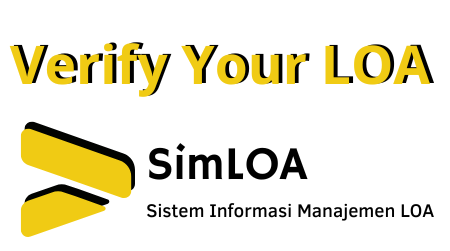THE EFFECT OF PERCEIVED SECURITY, PERCEIVED USEFULNESS AND PERCEIVED EASE OF USE ON DECISIONS TO USE QRIS (QR CODE INDONESIAN STANDARD) IN PALEMBANG CITY THROUGH SATISFACTION AS AN INTERVENING VARIABLE
DOI:
https://doi.org/10.70656/jend.v2i1.251Keywords:
Perceived Security, Perceived Usefulness, Perceived Ease of Use, Usage Decision, SatisfactionAbstract
This study aims to analyze the effect of perceived security, perceived usefulness, perceived ease of use on decisions to use QRIS in Palembang City through satisfaction as an intervening variable. This study uses a quantitative approach method, the population in this study were QRIS users in Palembang City with a sample size of 226 respondents. The data collection technique uses primary data in the form of distributing questionnaires using a Likert scale. The data analysis technique in this study uses Outer Model Analysis, Inner Model Analysis, Bootstrapping using the Smart-PLS 3.0 program. The results showed that: (1) Perceived Security has no direct effect on Usage Decisions, (2) Perceived Usefulness has a direct positive and significant effect on Usage Decisions, (3) Perceived Ease of Use has a direct positive and significant effect on Usage Decisions, (4) Perceived Security has a direct positive and significant effect on Satisfaction, (5) Perceived Usefulness has a direct positive and significant effect on Satisfaction, (6) Perceived Ease of Use has a direct positive and significant effect on Satisfaction, (7) Satisfaction has a direct positive and significant effect on Usage Decisions, (8) Perceived Security has an indirect effect on Usage Decisions through Satisfaction, (9) Perceived Usefulness has an indirect effect on Usage Decisions through Satisfaction, (10) Perceived Ease of use has an indirect effect on Usage Decisions through Satisfaction.
Keywords: Perceived Security, Perceived Usefulness, Perceived Ease of Use, Usage Decision, Satisfaction.






.png)
.png)



.png)
.png
)



